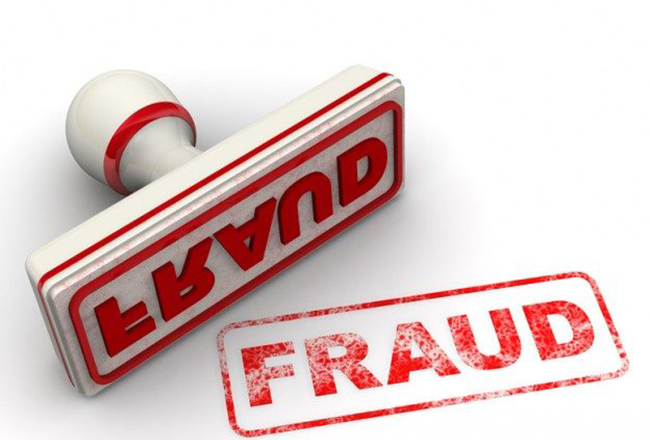Two-time convicted fraudster Douglas E. Castle of Somers was sentenced to prison for a third time on Dec. 18 for swindling investors in a new scheme.
U.S. District Judge Kenneth M. Karas sentenced Castle to 50 months in prison, followed by three years of supervised release and ordered him to pay $849,500 in restitution.
 Castle took money “under false pretenses, lied to the FBI and then lied to victims by telling them he was working with the FBI,” U.S. Attorney Geoffrey S. Berman said in a news release. “Now he has been sentenced to more than four years in prison for his litany of lies.”
Castle took money “under false pretenses, lied to the FBI and then lied to victims by telling them he was working with the FBI,” U.S. Attorney Geoffrey S. Berman said in a news release. “Now he has been sentenced to more than four years in prison for his litany of lies.”
Castle, 64, pleaded guilty in July to one count of wire fraud.
He hustled his prey in what is known as an “advance fee scam,” a common internet fraud in which the target is promised huge returns in exchange for an advance payment on banking and legal fees.
He conned at least three people to invest with him through his financial consulting firm, Global Edge Technologies Group LLC of Somers, from 2013 to 2017.
One victim, for instance, was an aging widow who repeatedly withdrew funds prematurely from a tax deferred retirement savings account. Some of the money was supposed to go to CapGrow, a phony U.K. investment fund.
Instead, he transferred the money to people in Ghana, according to court records, or used it for personal expenses.
Castle himself was a victim of an advance fee scam, according to prosecutors. The funds wired to Ghana were sent with the expectation of getting back millions of dollars.
In 2016, two FBI agents interviewed him about $200,000 he had wired to an account that Ghanaian authorities had frozen. The agents were not looking at the source of his money at that point and they advised him that he might be the victim of a scam.
“Rather than heed the FBI”™s warning,” prosecutors said in a sentencing letter, “Castle continued to lie to victims to try to raise money.”
When he realized that he was indeed scammed in spring 2017, he overdosed on medication as part of an apparent suicide attempt, the sentencing letter states. After he was released from a psychiatric hospital, “he continued to lie to victims, this time in an attempt to dissuade them from reporting the fraud to law enforcement.”
For instance, he told victims in an email that he was working on their behalf with a multi-agency task force “to bring these individuals to justice and to recover whatever balances may be obtainable.”
In fact, prosecutors said, he had not spoken to law enforcement for nearly a year.
It was not Castle”™s first flimflam.
In 2002, he was sentenced to prison for 15 months, in a multimillion-dollar conspiracy to defraud the U.S. He and others imported and sold chlorofluorocarbon gases, using three shell companies to conceal the transactions and evade taxes.
In 2003, he was sentenced to 34 months in prison for stealing $1.2 million from investors, in a scheme in which he and a co-conspirator established an offshore bank in Grenada.
“Castle remains responsible,” the sentencing letter states, “for repaying the vast majority of his $1,208,376 restitution obligations on this offense.”
The government”™s case was led by Vladislav Vainberg, an assistant prosecutor in the White Plains office.
Castle was represented by Rachel Martin, a federal public defender.






















